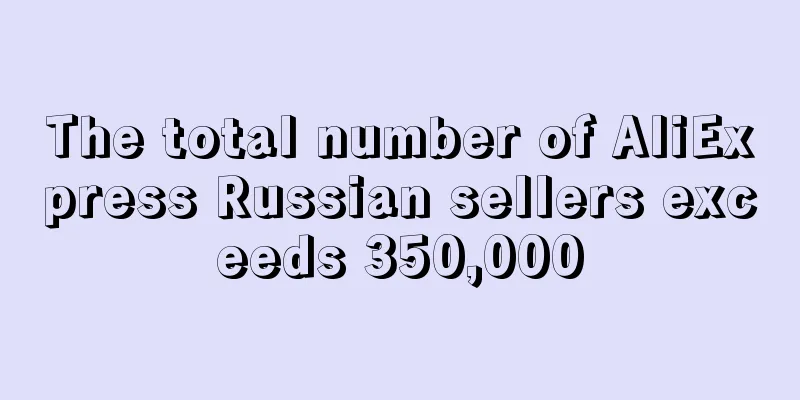What is ISI Certification? ISI Certification Review, Features

|
ISI stands for Indian Standards Institution. India did not have a national standards and certification body before independence. At that time, most of the standards in the country were from Britain and the United States. After India's independence in 1947, the government established the Indian Standards Institute (ISI) in New Delhi, and set up professional standards committees according to professional fields to undertake the task of formulating Indian standards. In 1952, India began to implement the "ISI Mark" certification system. In 1986, India established the Bureau of Indian Standards (BIS). On April 1, 1987, the Bureau of Indian Standards (BIS) officially replaced the Indian Standards Institute (ISI) as India's statutory national standards and certification management agency. However, the ISI certification and logo were retained. About ISI Certification ·Applicant: Manufacturer/factory. Whether to send samples to India for local testing: Yes, factory inspection is also required (BIS will assign a team of no more than 2 officials to inspect the factory, and the applicant will also be responsible for the travel expenses, visa fees and corresponding inspection fees of the officials). Application period: April to June. ·Certificate validity period: For the first application, the certificate is valid for 1 year. After expiration, the certificate can be renewed and the validity period can be extended to two years. Cost: RMB 100,000-500,000 Compulsory certification products: cement, household appliances, batteries, food and related products, hydraulic furnaces, auto parts, cylinders, valves, medical equipment, steel products, power transformers, motors, capacitors, chemicals and fertilizers, kitchen appliances, instantaneous domestic water heaters for liquefied petroleum gas, etc. ·Mark: This label has a wide influence in India and neighboring countries, and its good reputation is a reliable guarantee of product quality. Once a product is marked with the "ISI mark", it means that it meets the relevant Indian standards, and consumers can buy it with confidence. |
<<: What is WPC certification? WPC certification Review, Features
>>: What is Buffer? Buffer Review, Features
Recommend
What is Tala? Tala Review, Features
Tala is a real-time credit assessment and loan se...
Southeast Asia's cosmetics market revenue reaches 100 billion yuan! The cosmetics market has broad prospects
Southeast Asia's consumption capacity has inc...
The enthusiasm for opening new accounts has dropped sharply! Amazon sellers say it is "difficult to do"
After the beginning of the year, the Amazon indus...
The number of LinkAja Syariah users in Indonesia exceeds 2.5 million, an increase of more than 700%!
Indonesian digital payment platform LinkAja is a ...
The gross profit of my side business reached 100,000, and the operator asked: Should I go it alone?
The gross profit of my side business reached 100,...
The algorithm has changed again! Sellers: Ad conversions have deteriorated
When something is abnormal, there must be somethi...
What is Boohoo? Boohoo Review, Features
Boohoo is a British fashion apparel e-commerce com...
60 million yuan in compensation! The Shenzhen seller's bankruptcy alarm bell sounded
A case of claiming a high price of 8 million US d...
Poland's Allegro platform launches special plan for fashion brands to attract sellers
According to foreign media reports, Poland's ...
Helping sellers! eBay Canada optimizes express shipping labels
Recently, eBay Canada announced that in order to ...
Big news! A seller whose account has been banned has reached a settlement with Amazon through litigation
As we all know, on the last day of September, the...
TikTok's playback volume exceeds 800 million! The clothing track is selling well again
In the cross-border seller circle, the clothing t...
What is Shuoke Logistics? Shuoke Logistics Review, Features
Shaoke Logistics started out from Frankfurt, Germa...
As the choice of one quarter of consumers, will the resale market become a hot spot for e-commerce?
Recently, according to foreign media reports, the...
What is Vopero? Vopero Review, Features
Vopero is a Latin American resale e-commerce platf...









